FAQ: 2020 Farm Requirements
A detailed FAQ about the Rainforest Alliance 2020 Sustainable Agriculture Standard Farm Requirements.
Home / Business / Certification / Page 35
Certification has had a huge impact in bringing sustainability to the forefront of business thinking, but it must continue to evolve to provide more value to farmers and companies and ensure that people and nature can thrive in harmony.
That's why the Rainforest Alliance launched its new Certification Program, which entered into force in July 2021. The Sustainable Agriculture Standard, along with its assurance and technology systems, are data-powered, and based on the principles of continuous improvement, risk-based assurance, contextualization, and shared responsibility. This is how we can deliver more value to the two million farmers and thousands of businesses that use Rainforest Alliance certification to drive more sustainable agricultural production and responsible supply chains.
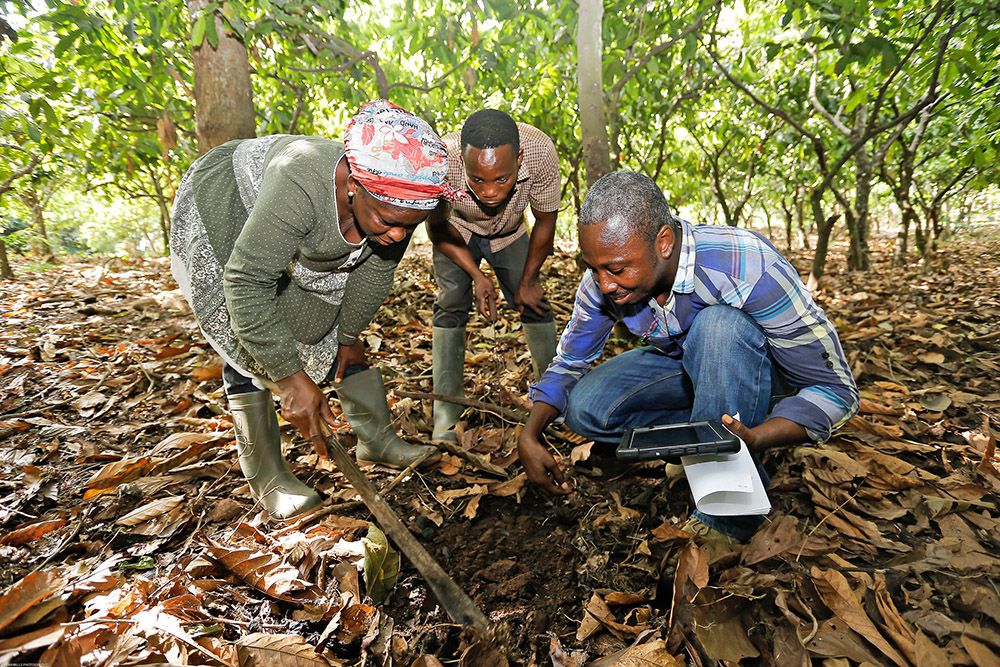
The certification program is part of the Rainforest Alliance’s strategy to drive sustainability at scale in the sectors in which we operate through interconnected interventions supporting certification, tailored supply chain services, landscapes and communities, and advocacy.
Key priorities of our cocoa strategy are assurance, shared responsibility, supply chain transparency, and profitability and resilience.
How we have tailored the implementation and verification of standards requirements on child labor and forced labor to the risk exposure of each farm.
Our shared responsibility approach aims to distribute benefits and costs of certification more evenly between farmers and companies.
Begin your journey of certification with the Rainforest Alliance.
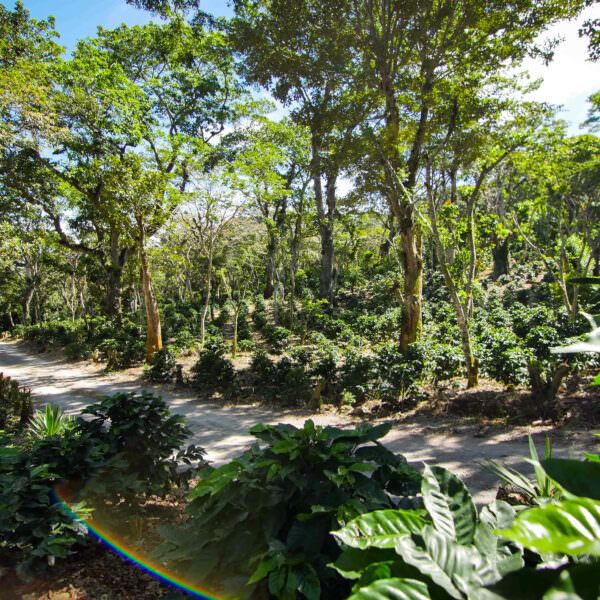
A detailed FAQ about the Rainforest Alliance 2020 Sustainable Agriculture Standard Farm Requirements.
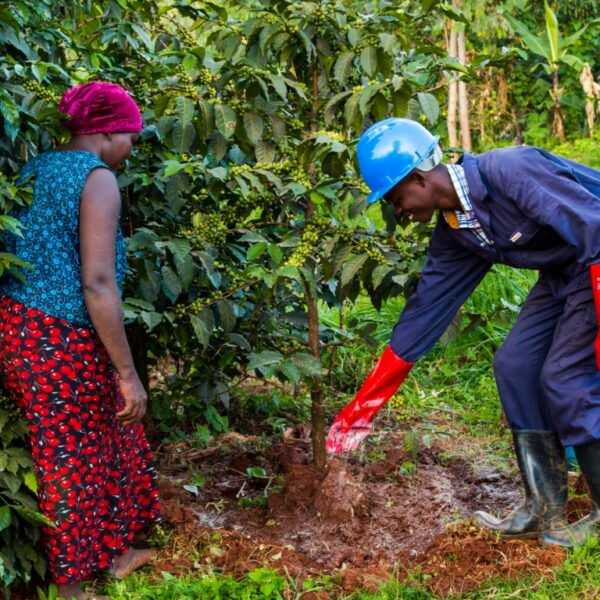
Find out what Ugandan coffee exporter, Kyagalanyi Coffee, had to say about the new program—from the improvements to the challenges.
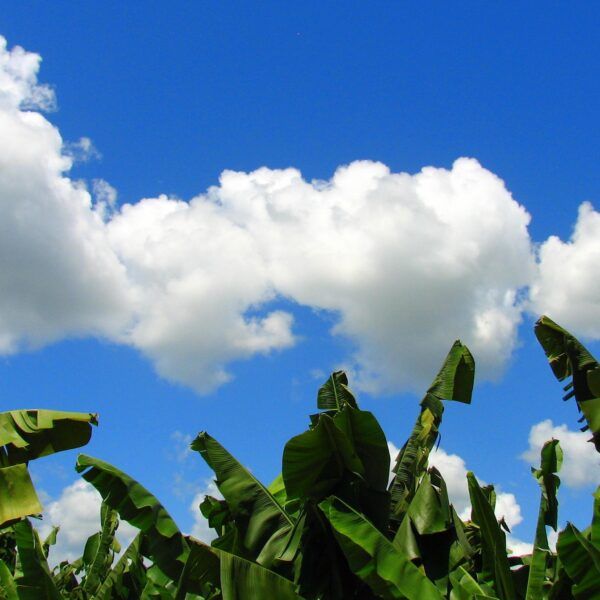
After teaming up for an early implementation pilot of our strengthened certification program, both Finca Esmeralda and the Rainforest Alliance took away learnings that will contribute to a more sustainable banana sector.
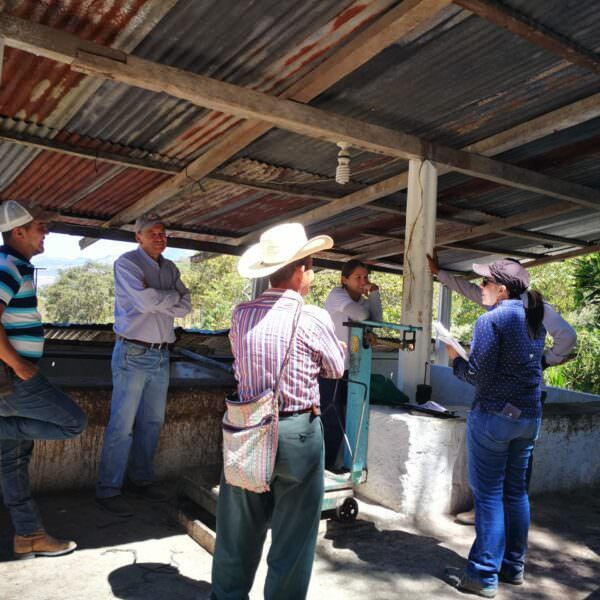
Rainforest Alliance certification is carried out by our authorized certification bodies. Find an authorized certification body in your county.

This is the checklist of the requirements which will be applicable in the transition year to the 2020 Rainforest Alliance programme, as tailored for Cocoa producing groups in West and Central Africa.

In this guidance you will find information regarding: The use of the Management Plan, The content of the Management Plan, When the Management Plan should be updated, How the Management Plan can be made even more useful.

This document provides guidance to implement Sections 6.1, 6.2, and 6.3 of the 2020 Rainforest Alliance Sustainable Agriculture Standard. Conservation of natural ecosystems and natural vegetation supports biodiversity conservation and protects ecosystem services such as pollination, pest control, water purification, soil protection and conservation, crop resilience, micro-climate regulation, carbon sequestration, and overall resilience against climate […]

A greenhouse gas (or GHG for short) is any gas in the atmosphere that absorbs and re‐emits heat, thereby keeping the earth’s atmosphere warmer than it otherwise would be. This guidance is targeted for use by large farms, individually certified farms, and group management.

This manual focuses on the theme of “pruning” in the section 4.2 Pruning and Renovation of Tree Crops, in particular on the crops coffee, tea and cocoa. It covers the following topics: purposes of pruning, timing and frequency of pruning, pruning techniques and tools, and required aftercare.

This guidance focuses on section 4.4 in the standard, in particular regarding different options for soil assessment and its importance in decision-making, as well as the major processes effecting soil fertility and soil fertility management.